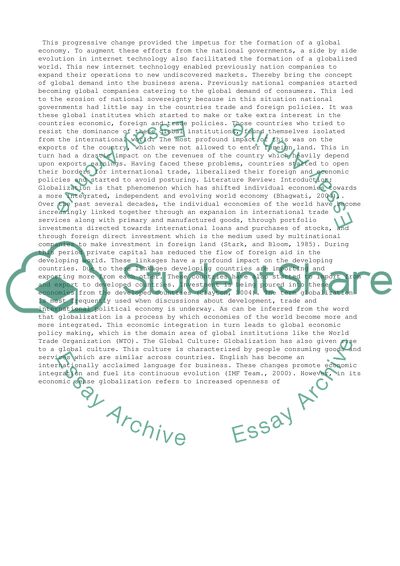Cite this document
(“Individual portfolio on global enterprise Essay”, n.d.)
Retrieved from https://studentshare.org/business/1398753-individual-portfolio-on-global-enterprise
Retrieved from https://studentshare.org/business/1398753-individual-portfolio-on-global-enterprise
(Individual Portfolio on Global Enterprise Essay)
https://studentshare.org/business/1398753-individual-portfolio-on-global-enterprise.
https://studentshare.org/business/1398753-individual-portfolio-on-global-enterprise.
“Individual Portfolio on Global Enterprise Essay”, n.d. https://studentshare.org/business/1398753-individual-portfolio-on-global-enterprise.


